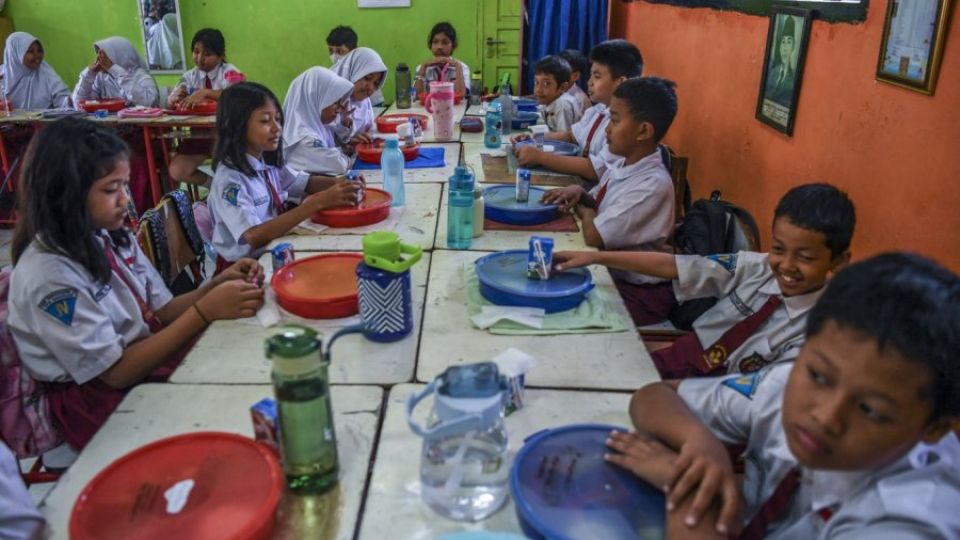September 19, 2024
JAKARTA – President-elect Prabowo Subianto is poised to include private schools in his flagship free nutritious meals program in addition to public schools centers, the National Nutrition Agency said.
National Nutrition Agency head Dadan Hindayana told lawmakers on Tuesday that Prabowo’s approach to human resources was comprehensive, and the president-elect wanted to ensure that no group would be left out from receiving nutritious meals, as quoted from CNN Indonesia.
Students in most private schools in big cities, especially Jakarta, are affluent and the agency emphasized that their participation would be optional.
“If they [private schools] don’t want to receive the meals, that’s fine. But if they choose to join, we’ll count them as part of the program,” he said.
Read also: Mega dairy farm for milk self-sufficiency too optimistic: Farmers
There are over 53 million students in Indonesia across education levels, including vocational and special schools, the latter of which houses differently abled students, according to data from the Education, Culture, Research and Technology Ministry. Over half of all students are located in Java.
The free meals program is projected to cost over Rp 460 trillion (US$29.3 billion) annually when fully rolled out, but the incumbent government and the transition team representing the incoming Prabowo administration have agreed to implement it gradually.
Next year, the program is set to cost only Rp 71 trillion in its early phase.
The budget, however, will cover not only the program’s food, but also the operational expenses of the National Nutrition Agency, including staff salaries, Dadan said.
The Communications and Information Ministry will receive Rp 15 billion to familiarize the public with the program.
The program is set to launch on Jan. 2, 2025, initially targeting 15 million recipients, with plans to double that number by 2026 and reach full capacity by 2027.
Read also: Free meal program to start on Jan. 2 next year
The program’s menus will vary across regions, but Dadan emphasized that the nutritional content would be carefully monitored.
For instance, meals for younger children will provide 450-500 calories, while those for middle and high school students will offer 600-650 calories. The same standards apply to pregnant and breastfeeding women, with an emphasis on balanced meals that include protein, carbohydrates and fiber.
To ensure efficient meal distribution, the program will utilize digitalization for marking attendance and distributing the meals every day, Dadan continued.
“We’ll scan students daily for attendance, and that data will be sent to the service unit to calculate how many meals are needed,” Dadan explained.
After the meals are distributed, another scan will confirm that the students have received them. This system, he noted, could also help expand internet access in rural areas.


